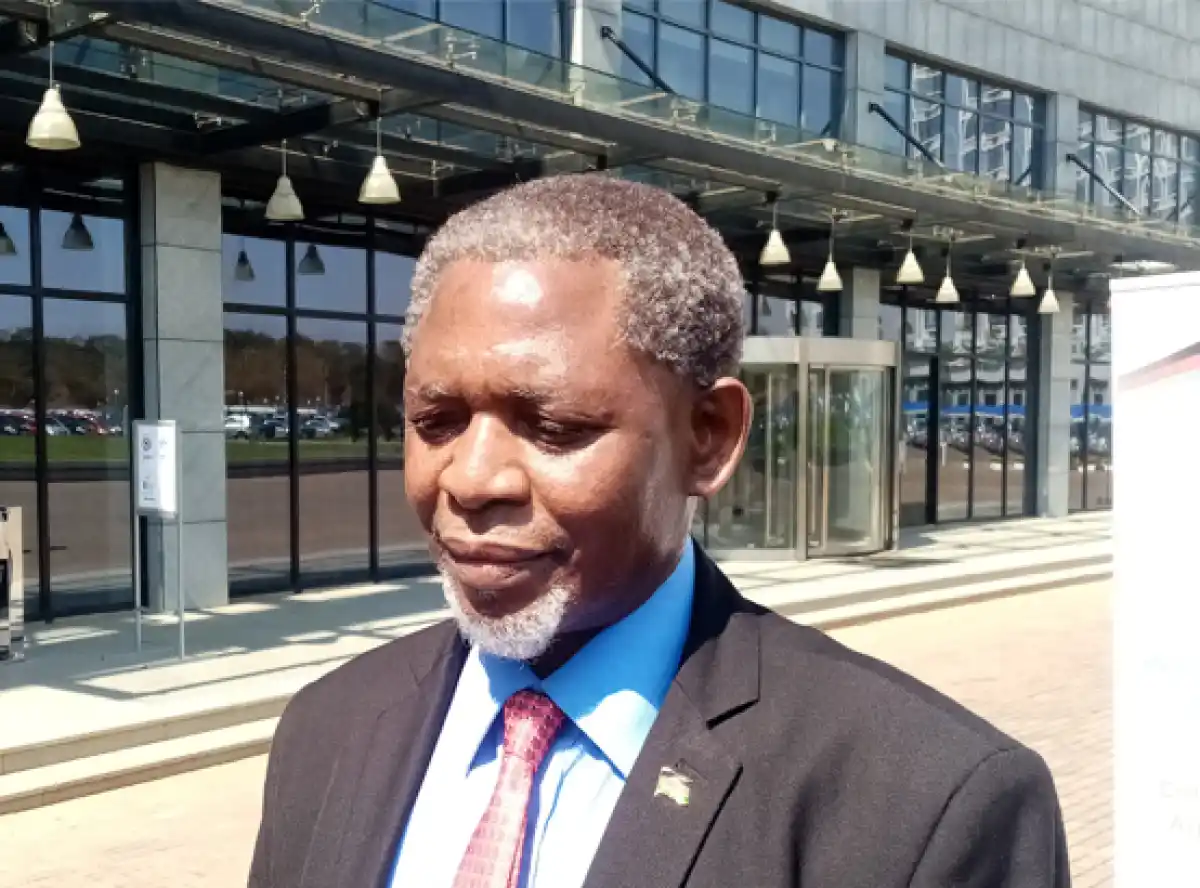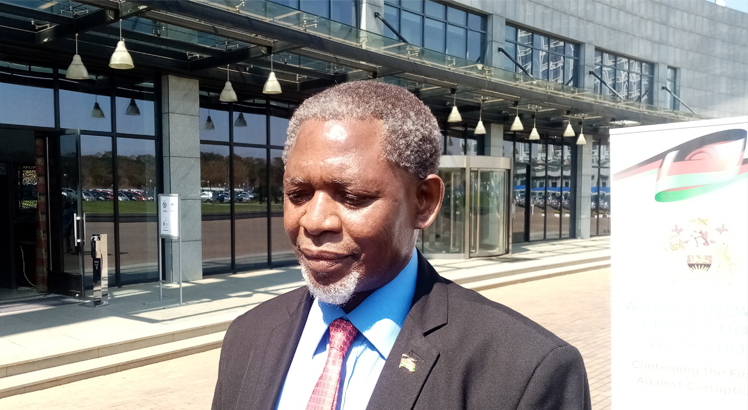
Last month, Minister of Justice TITUS MVALO led a delegation to the Johannesburg Arbitration Week (JAW) in South Africa which was hosted by the Arbitration Foundation of Southern Africa (Afsa). During the event 10 African countries signed and adopted the Afsa Alliance Charter which will facilitate the establishment of a regional seat of international arbitration centre and Mvalo believes Malawi is a credible and reliable venue for the centre. Our News Analyst LUCKY MKANDAWIRE speaks to Mvalo to learn more about the charter and other issues. Excerpts:

PHOTOGRAPH: NATION
Q. We heard about the Johannesburg Arbitration Week, take us through the Malawi story, where are we coming from?
A. Section 13(l) of the Constitution provides for peaceful settlement of disputes by adopting alternative dispute resolution mechanisms by which differences are settled through negotiation, good offices, mediation, conciliation and arbitration. In 2021 the Government of Malawi acceded to the New York Convention which binds every State that joins it to set internationally recognised and accepted standards of arbitration and mediation for settlement of commercial disputes which align with the Convention by adopting the United Nations Commission on International Trade Law Rules (Uncitral Rules) which are the model law. Malawi hosted a seminar on arbitration in January 2022 under the auspices of the Malawi Law Society (MLS) and Sadc Lawyers Association (Sadcla), which was attended by a cross section of lawyers from Malawi and beyond, including our Attorney General (AG) and judicial officers.
Q. What was the highest moment to get involved in the issue?
A. In the same 2022, Malawi hosted an inaugural conference at Bingu International Convention Centre on 15th August which was organised by MLS in partnership with Sadcla and Afsa. President Lazarus Chakwera opened the conference while Michael Kupper SC, chairman of Afsa and a renowned arbitration expert delivered the keynote address. At this conference, MLS signed a Memorandum of Understanding with Afsa. The Honourable Chief Justice Rizine Mzikamanda was there too, representing the Judiciary at the highest level. This was important to show that there was no conflict between the Judiciary and Arbitration institutions. Government later drafted a Bill, International Arbitration Bill, 2024 which Cabinet fully supported and the Bill was passed by Parliament and became enacted into law when the President assented to it in February 2024. Where we are now is that a private company limited by guarantee, called Malawi International Arbitration Centre Limited (Miac) has been incorporated whose owners are MLS and Malawi Confederation of Chambers of Commerce and Industry (MCCCI). This is because the Arbitration Centre must be private driven.
Q. W h a t w a s t h e Johannesburg Arbitration Week all about?
A. Well, this was an event organised by Afsa and co- hosted by leading solicitor firms, Bars, among others. The meet ing showcased arbitration in Africa and offered unique opportunity to MLS as a leading member of the Sadc legal fraternity in advancing international commercial arbitration in Southern Africa. The Malawi delegation joined a high level panel of Bar Association presidents to present the Malawi perspective, relate their journey and announce to the international arbitration community the birth of the Malawi International A r b i t r a t i on Cen t r e and Initiative.
Q. What was the major highlight of the session which you consider was achieved?
A. The major highlight of the session was the signing of the Afsa Sadc Alliance Charter by national Bar Associations and Law Societies. For Malawi, MLS signed the Charter through its President Mr. Patrick Mpaka. The advantages to be gained from this are many and they include training, networking on best practices, accessing expert panels of arbitrators, arbitration seats in countries of parties to the Charter being proposed by other parties for settlement of disputes and cross border movement of professional services.
Q. So, what are the benefits of arbitration?
A. The benefits are plenty. A r b i t r a t i o n r e s o l v e s d i s p u t e s q u i c ke r t h a n litigation. It provides that confidentiality as disputes are resolved behind closed doors, and above everything, the conclusion usually does not make one party a winner. Through arbitration, you come up with a fair and balanced resolution. Even the loser walks away feeling it was a fair conclusion and can still live with it, and even continue doing business with the other party.
Q. What does arbitration offer at international level in as far as business is concerned?
A. International investors and entrepreneurs have no time to wait for lengthy litigation processes in court, especially commercial disputes. We want to be looked up to as a potential seat. If we achieve this, Malawi will even expose herself to collateral benefits, and these include those coming for arbitration discovering Malawi as a country to invest in and in the process boosting the tourism sector too.






0 Comments